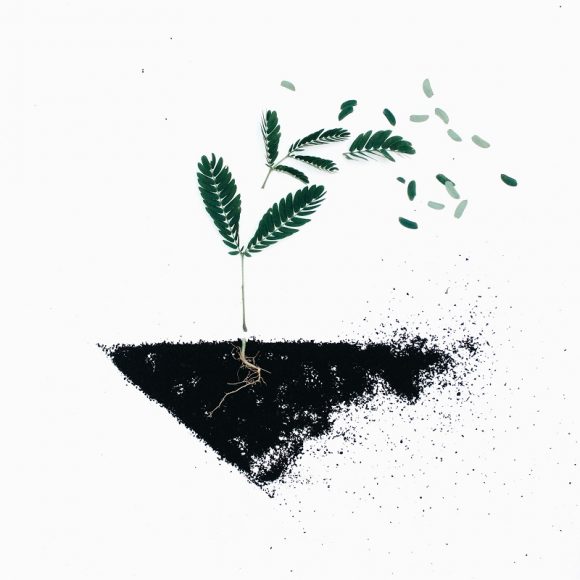It seems that we have reached a point where everything is stressful. Never in the history of our species have we suffered the mental, emotional, and physical consequences of this force as much as we are today. But what is the psychological basis of stress, and where does it come from?
What we experience as stress is the amplification of a normal physiological reaction to a threat.
Evolution equipped our ancestors to activate that reaction as a defense and adaptive mechanism. The changes that take place in the body when we face a threat are meant to put us in the best possible condition to save our life. This was true for a caveman chased by a lion, and it’s still true today when we are in life-threatening emergencies.
So, the fundamental reason why we have to experience stress is our evolutionary inheritance. When the brain receives the message that something is attacking us, like when we are fighting with someone, it activates—within milliseconds—the same response it would use in response to a major life emergency. However, such responses don’t typically end with the resolution of the conflict. We often share what happened with others, and we ruminate on it throughout the day. Sometimes this goes on for months, or even years. Every new reiteration activates it.
The stress response is a protective mechanism. However, today we don’t use to defend our life. We use it to defend our perceived value in society.
Too many situations, all too often, trigger an exaggerated reaction. Everything in our modern life has the potential to trigger us, even harmless situations. Most of it happens within interpersonal relationships, both in our personal life and at work.
This happens because human beings don’t only see dangerous, life-threatening events, such as a fire, earthquake, or flood, as a risk. We also see threats that put our value at risk. We often see conflict and interpersonal issues as a personal menace to our self-image.
An example: Rejections and the end of relationships are sources of stress. It’s normal to suffer in such situations, but we are meant to come out on the other side. Yet, for many of us, it takes a lot of effort and time to get over such situations. Events that are common—in the sense that they happen all the time to everyone and are considered part of life—may have lasting, detrimental effects.
Harmless situations are perceived as dangerous because many people didn’t learn positive responses to stressful events.
There is a general concept we share with the animal world: We learn during infancy what to do in face of challenges, and then we automatically repeat the same pattern throughout the rest of our life. Ideally, this is a smart thing. Imagine what life would be if we had to figure out from scratch what to do at any given moment of our existence!
During childhood we learn the best way to respond to the environment, but, unfortunately, the number of people experiencing some sort of trauma in their childhood is very high. This is even sadder if we consider that a traumatic event doesn’t need to be something catastrophic to leave a mark; more often than we think, the lack of emotional support during moments critical for our development is enough to leave a trace that wasn’t supposed to be there.
If a person learns how to cope with challenges within a traumatizing environment, she will see adversities everywhere.
When development happens in an environment that is unstable and unsafe, it is very difficult for a person to put things into perspective and gain a more neutral outlook on life. One’s entire life experience is spoiled, contaminated by the early hostile environment.
Such people are likely to experience burn out or overwhelming emotions later in life, and they will also have greater chances of getting sick.
In a way, we might say that we are too stressed out because we have stressed the very stress response that is meant to protect us!



